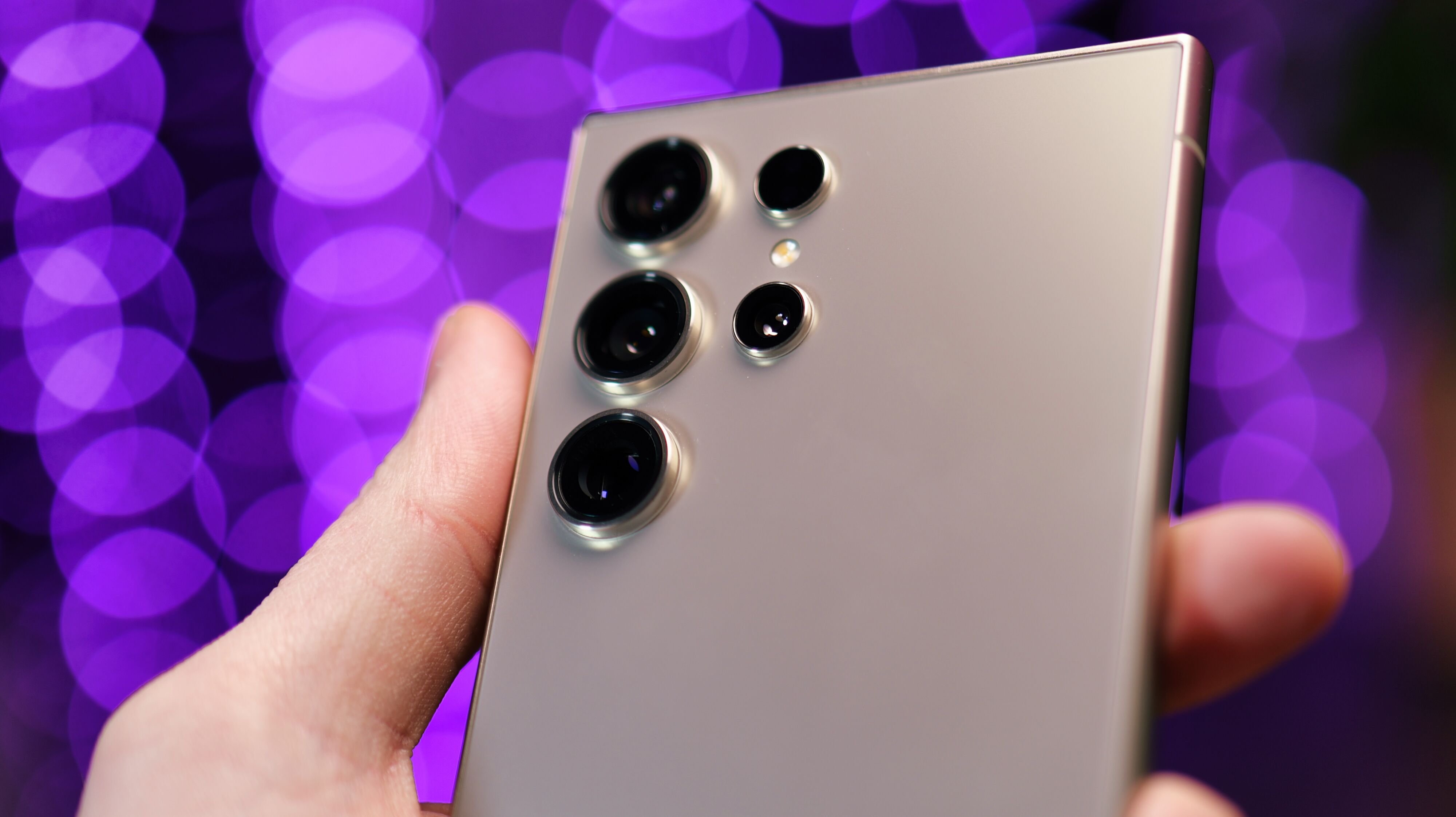Photo Reminiscence Therapy could improve life for dementia patients
Study shows that photo Reminiscence Therapy (the discussion of past events using familiar props) can help dementia patients

The National Institute for Dementia Education has just announced the results from a study on the cognitive benefits of photo Reminiscence Therapy (pRT) for dementia patients. The study concluded that pRT can improve the quality of life for those living with dementia by reducing social isolation and improving general cognitive performance.
Reminiscence Therapy is the discussion of past events, activities and experiences using visual, tangible aids such as photographs or familiar items as prompts. For years the power of photo Reminiscence Therapy has been under-represented in the research community but, following the results of this study, it could be used to help more people suffering from dementia.
• Read more: Camera can be swallowed to screened for bowel cancer
A total of 37 patients aged 67-92 years old were randomly selected to take part in the study, which was conducted at four Certus senior living communities in Florida, USA. Each resident taking part in the study was paired with a specific university health care student, who would run the pRT sessions. The study was conducted over three five-week periods, during which time students would show the participants a range of generic stock photos and familiar, personal photos collected from family and friends.
The residents' level of interest in photos was measured by observing animated and enthused expressions, widening of eyes and use of more hand gestures. When the residents were shown less interesting or more abstract generic images, the residents would reduce eye contact and become less conversational.
When residents were shown images that were familiar to them such as friends and family, landscapes, pets/animals and self-portraits, word structure formation and the ability to recall a story was much more organic. It was concluded that a person with dementia is able to better remember things to which they have emotional ties, and residents in the study smiled more frequently and engaged in deeper conversation when shown recognizable photos.
The power of imagery is enough to elicit a strong sense of emotion even in people who don’t suffer from dementia, but the way it could help improve the cognitive abilities of Alzheimer's patients is truly amazing.
The best camera deals, reviews, product advice, and unmissable photography news, direct to your inbox!
"Our findings were robust, insightful and beneficial for participants," said Dr Jeremy Holloway, founder of Tellegacy (an intergenerational program designed to combat loneliness in the older generation). "Through engagement with personal photos pRT can help patients with Alzheimer's and other forms of dementia and provide healthy neurological and action-based benefits to those with dementia, especially in supportive care environments."
More than 8.8 million Americans currently live with dementia, with Alzheimer's being one of the leading causes of death in the US. Not only does this research highlight the importance of photos on engaging dementia patients, but it also offers a way to create healthier communities and reduce overall health costs.
To read the full preliminary findings of the study click here.
Read more:
Best microscopes
Best pulse oximeters
Best infrared thermometers
Best borescopes and inspection cameras

Having studied Journalism and Public Relations at the University of the West of England Hannah developed a love for photography through a module on photojournalism. She specializes in Portrait, Fashion and lifestyle photography but has more recently branched out in the world of stylized product photography. Hannah spent three years working at Wex Photo Video as a Senior Sales Assistant, using her experience and knowledge of cameras to help people buy the equipment that is right for them. With eight years experience working with studio lighting, Hannah has run many successful workshops teaching people how to use different lighting setups.
